Description
Please note this item is a pre-order. If you purchase it, you will receive an digital version via email. We will be shipping them out whenever it is ready.
Paradigms, Cultures, & Worldviews is a ḥalaqah thematic unit for learners aged 12–13, exploring how paradigms shape thought and behaviour. The unit begins by defining paradigms, reflecting on personal perspectives, and examining their influence on society. Learners then explore culture, moving beyond stereotypes to discuss cultural intelligence, diversity within Islam, and the role of al-‘urf (custom) and al-’āda (tradition). The Prophet ﷺ is studied as a shifter of paradigms, with discussions on childhood, modesty, and economic structures. A key focus is nurturing the ability to recognize, analyze, and navigate different worldviews. Learners examine cultural symbols as texts, such as the Statue of Liberty and Ottoman-style masājid, and engage in cultural symbol analysis. Discussions are rooted in Qur’ānic and Prophetic wisdom, including: “He grants wisdom to whoever He wills. And whoever is granted wisdom is certainly blessed with a great privilege. But none will be mindful ˹of this˺ except people of reason” [2:269]. Ḥadīth such as “The relationship of the believer with another believer is like (the bricks of) a building, each strengthens the other” (Bukhārī & Muslim) highlight the communal nature of knowledge and responsibility. Learners also engage with the prophetic wisdom on economic justice and ethical responsibility. The unit culminates in student-led ḥalaqahs, equipping learners with the tools to critically engage with worldviews while remaining anchored in truth (ḥaqq).
Please note: Although each unit is written with a specific age group in mind, all of our units are highly adaptable and can be used effectively across multiple age ranges — right up to adult learners.
How does ḥalaqah work?
- Ḥalaqah is the pedagogy used by Prophet Muhammad (saw).
- During ḥalaqah, the educator and learners sit together on the floor, in a circle facing each other.
- Ḥalaqah begins with Bismillah and Qur’ān recitation and ends with a group duʿā’ which connects to the topic that has been discussed.
- All learners are encouraged to participate. Our ḥalaqah is dialogic – this means that learners engage in extended discussion amongst themselves with educators facilitating the dialogue through key questions and talking points.
- There is always room for direct instruction and storytelling, both of which are important. However, the main objective is to learn through dialogue drawing on the learners’ existing knowledge and building on it.
- Educators are primarily responsible for contextualization of the information in a way that meets the needs of their learners.
Need help with implementation? Our Dialogic Halaqah courses are carefully designed to support the effective implementation of our curriculum. They equip Islamic educators with the knowledge, confidence, and practical skills to bring dialogic halaqah into their classrooms and to nurture the shakhsiyah Islamiyah (Muslim personhood) of each learner through meaningful, reflective dialogue. Elevate your practice and explore our full range of courses here: https://ielc.learnworlds.com/courses
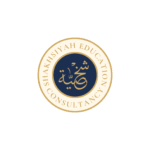
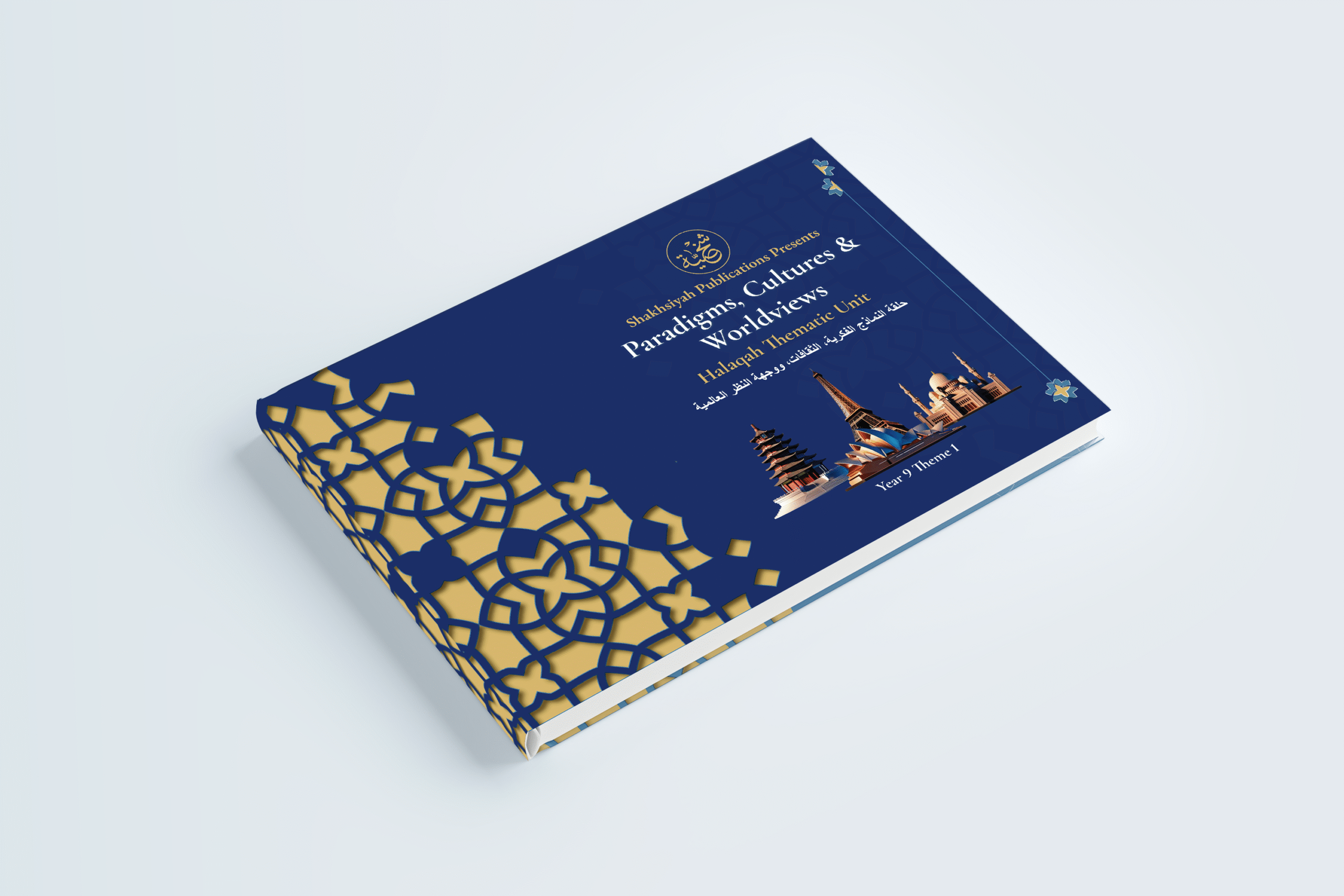
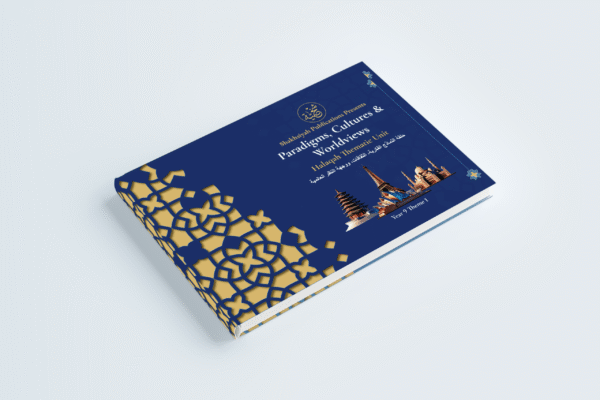
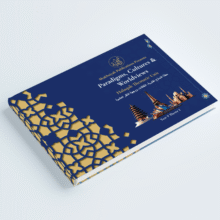
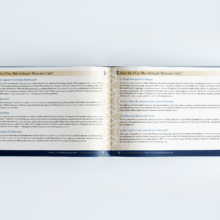
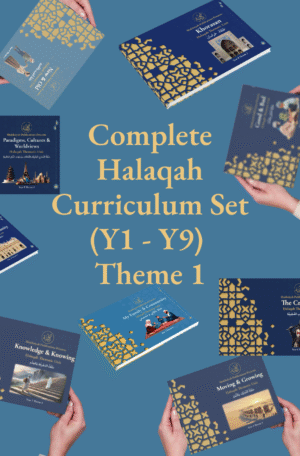
Reviews
There are no reviews yet.